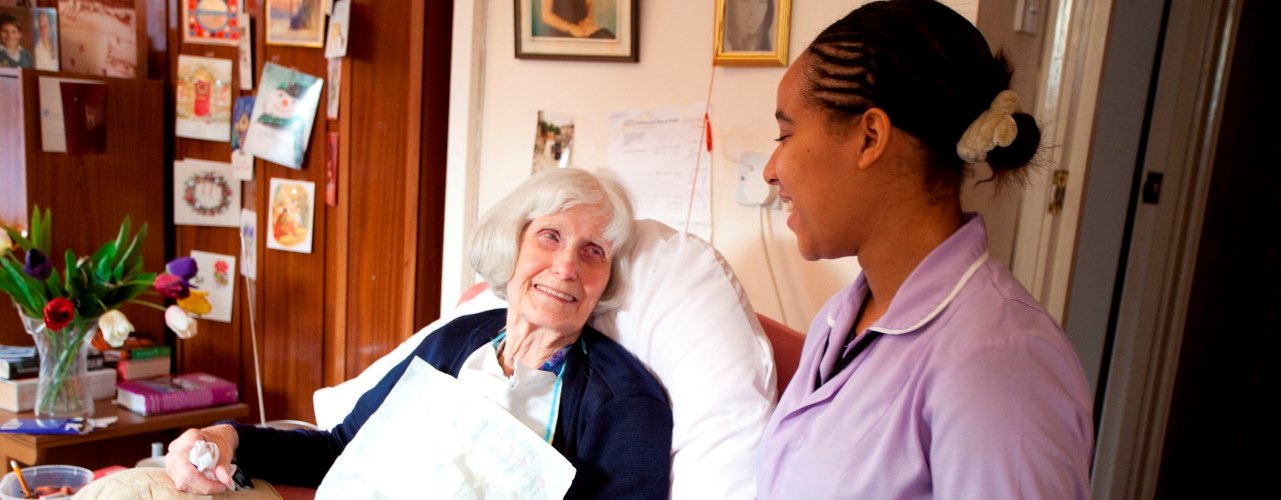
Nathalie Delaney, Patient Safety Programme Manager at the West of England AHSN introduces ‘psychological safety’, how it impacts on teamwork and, in healthcare settings, how it impacts on patient safety.
When people talk about safety, it doesn’t take long for the topic of “safety culture” to come up. But what is safety culture? And why do people often want to develop it?
In the recent NHS Patient Safety Strategy, Dr Sonya Wallbank described the features of a safety culture. She set out the key ingredients as including psychological safety, valuing and respecting diversity, good leadership at all levels, a sense of teamwork, and openness and support for learning.
Of these, psychological safety is the most fundamental: it forms the building block of many of the other ingredients – respecting diversity, teamwork, and support for learning. It is similar to trust, but slightly different. Although lack of trust can be a cause of a dysfunctional team according to Lencioni, the two work hand in hand in creating strong safety cultures. When Google looked at what makes teams effective, they found that psychological safety was one of the crucial factors.

Image source: https://scienceforwork.com/blog/psychological-safety/
Amy Edmondson has done some fantastic research looking at “teaming”. Unlike stable teams who work closely together, often in healthcare we work in teams that are dynamic and formed for one task or another, even in multi-disciplinary cross-cultural teams. Edmondson gives the example of the Chile rescue where people came together from different professions, countries, even different nations; just like in the NHS.
Having psychological safety in the team can encourage people to speak up for safety – the theme of this year’s World Patient Safety Day.
Surprisingly, one of the things that can most inhibit psychological safety is incivility. And I’m not talking about Malcolm Tucker-level ranting. It can be the smaller, subtler aspects of incivility that can have an impact.

The character, Malcolm Tucker in the BBC show ‘The Thick of It’
The campaign, Civility Saves Lives has built up a wealth of evidence of the impact on rudeness on healthcare, and raising awareness of the negative impact that these behaviours can have on patient care. If you haven’t seen Chris Turner talk I would really recommend checking out his TEDxExeter talk, and the Civility Saves website.
So what can you do if you’re looking to build psychological safety in your team? For really practical advice, check out Google’s guide on Team Effectiveness, including questions on how to measure and foster psychological safety in the team.
Many of the behaviours that are discussed by this guide, and Edmondson, will be familiar if you read my earlier blog on what we look for when we are recruiting.
Curiosity, experimentation, listening, reflection; all these behaviours that can help you in your quality improvement activities can also help build psychological safety. It’s a win-win!
I’ve been really impressed with seeing teams participating in the safety culture work in the maternal and neonatal safety collaborative be able to constructively challenge each other, treat failures as an opportunity for learning, and learn together; embracing curiosity and vulnerability. Many of the teams are “working out loud” and sharing their learning on Twitter. Do follow #MatNeoQI to stay up to date with them.
At our last MatNeoQI learning event we used a liberating structure specifically designed to allow psychological safety in the room – known as 25/10 crowd sourcing which got everyone moving and sharing their ideas. Colleagues in other AHSNs have suggested this activity works better with some dance music or the flight of the bumblebee. Give it a go in your team and share with us how you get on.
So why should we care about psychological safety? There is clear evidence that it can improve healthcare for our patients and the teams we work in.
Posted on September 17, 2019 by Nathalie Delaney, Patient Safety Programme Manager, West of England AHSN




